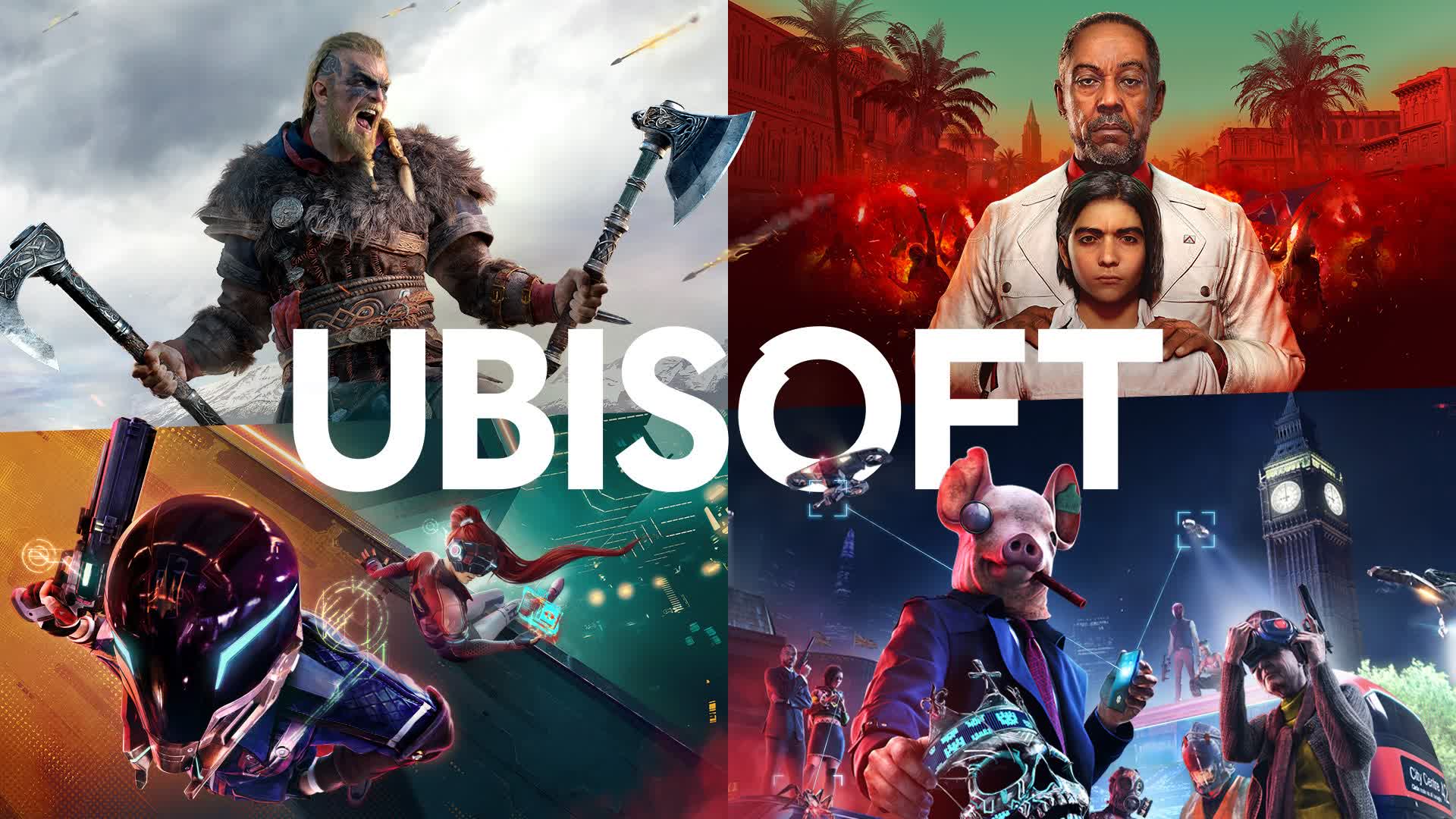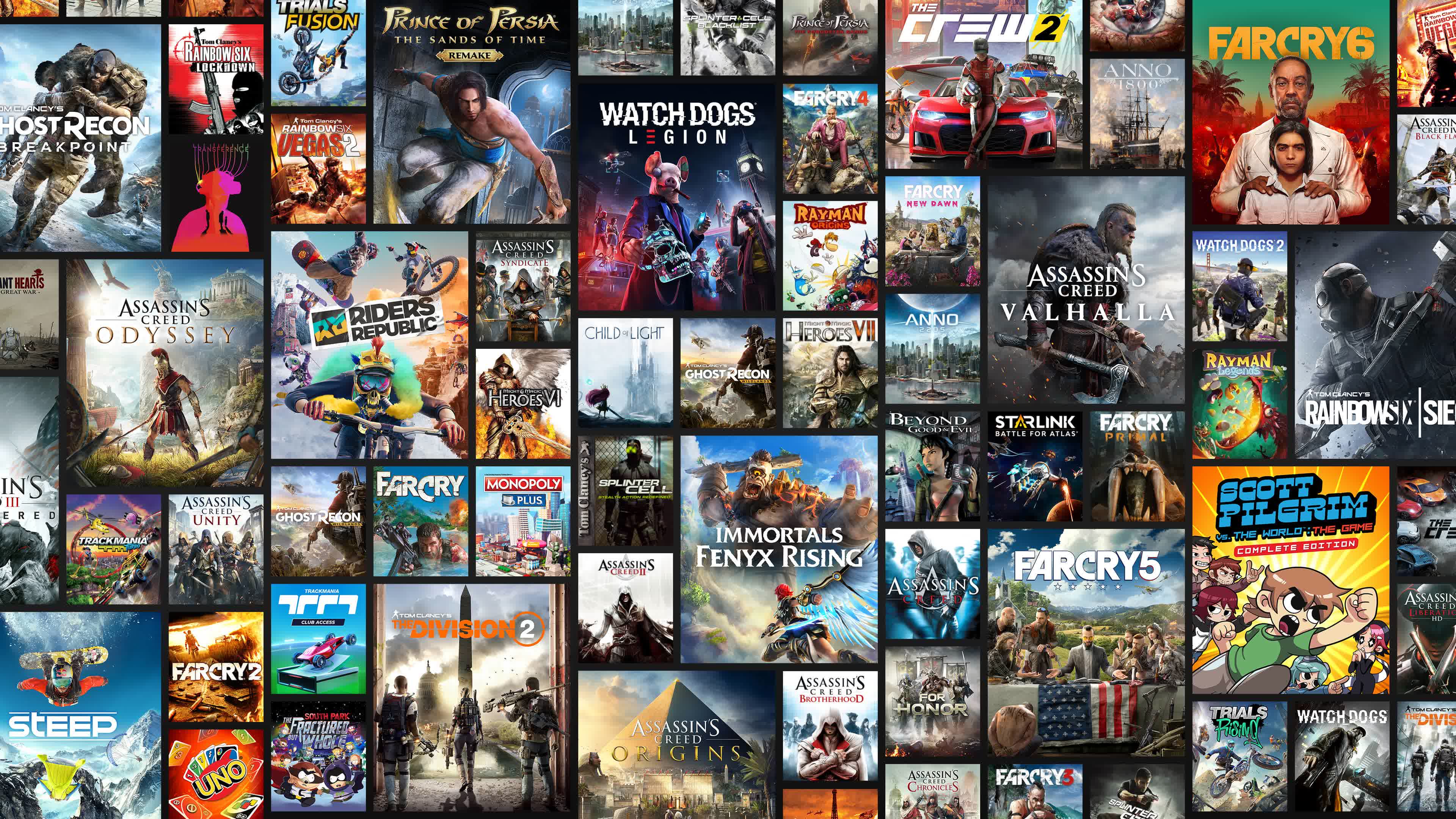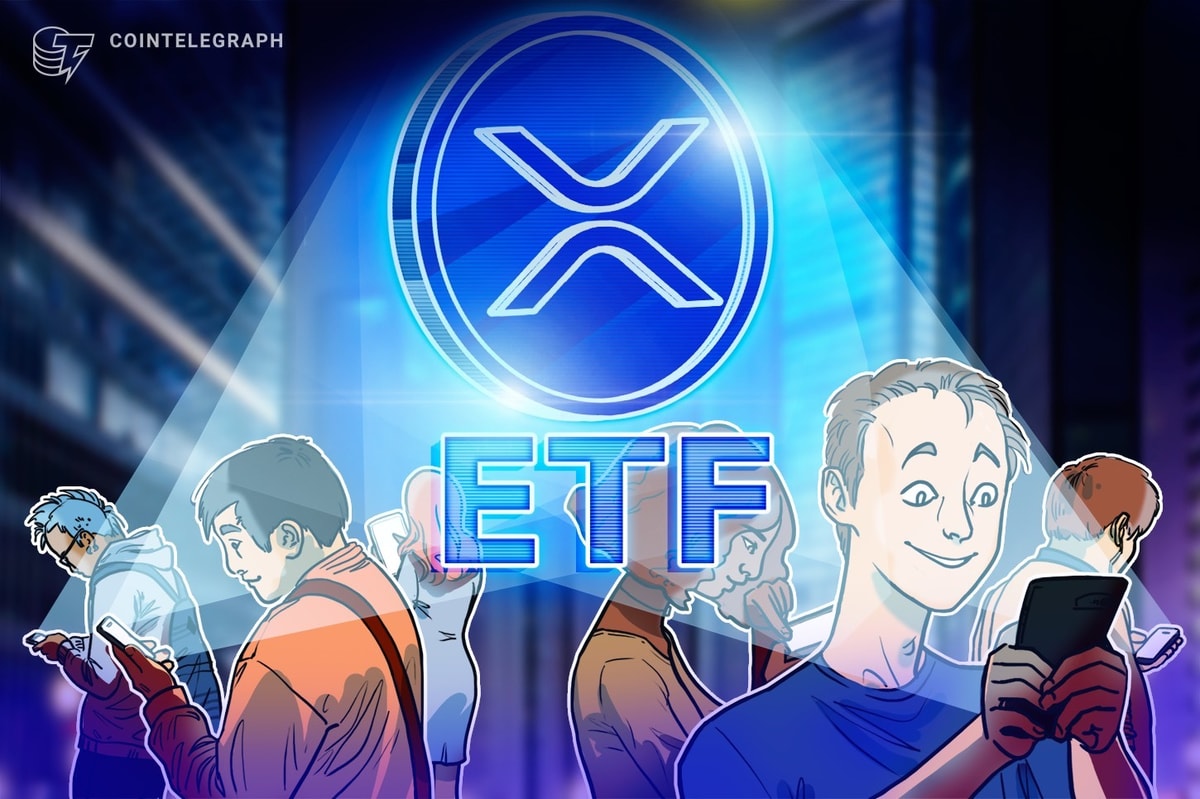Serving tech enthusiasts for over 25 years.
TechSpot means tech analysis and advice you can trust.
A hot potato: Many users already understand that buying a digital game typically grants a license to access the software – not true ownership. However, it's rare for publishers to revoke access to titles that customers have paid for, even after those games are delisted. Ubisoft's The Crew stands out as a particularly egregious case, sparking a legal battle over what it truly means to "buy" a game.
Ubisoft's response to a lawsuit over a recently shut-down online game argues that paying customers never truly owned the title. The case has sparked renewed calls for legislation to protect players when games reach end-of-life status.
Two California plaintiffs filed suit against Ubisoft last year after the company shut down servers for The Crew, citing licensing restrictions. Publishers often delist driving games like The Crew and Forza Horizon when licensing agreements with car manufacturers expire.
Users typically retain access to games they purchased prior to delisting, and physical discs often continue to function. However, The Crew is an online-only title, and once Ubisoft deactivated its servers, launching the game merely starts a restricted demo version. Additionally, Ubisoft removed the game from customers' Ubisoft Connect libraries, offering refunds only to those who purchased it recently.
The California plaintiffs, who bought physical copies of the 2014 title years ago, allege that Ubisoft misled customers. They also point to other games that received offline modes when they reached end-of-life as a fairer precedent.
In response, Ubisoft argued that The Crew's packaging clearly states that purchase only grants a temporary license, and that the statute of limitations for the claim has passed. Still, the company has pledged to introduce offline modes for The Crew 2 and The Crew Motorfest.
The plaintiffs then pivoted to argue that The Crew's in-game currency qualifies as a gift certificate under California law, which prohibits expiration. They also pointed to the game's packaging, which states that activation codes remain valid until 2099, implying that the game should remain downloadable until then. Additionally, the plaintiffs contended that the statute of limitations only began in 2023, when Ubisoft announced its plans to shut down the servers.
In response to Ubisoft's decision, a petition urged the Canadian government to introduce protections for online games. The petitioners are calling for legislation that would require game companies to remove server dependencies and override End User License Agreements. The Stop Killing Games Initiative is directing similar demands at multiple governments.
As digital purchases and live-service games become more prevalent, the issue remains far from resolved. Ubisoft, while promoting its subscription service, has previously suggested that consumers should get used to not owning their games.
Valve has acknowledged the legal pressure by updating Steam's language to clarify that customers are not purchasing permanent ownership of games, in accordance with California law. In contrast, GOG mocked Valve's notice by emphasizing its policy of offering DRM-free offline installers for all titles.











 English (US) ·
English (US) ·